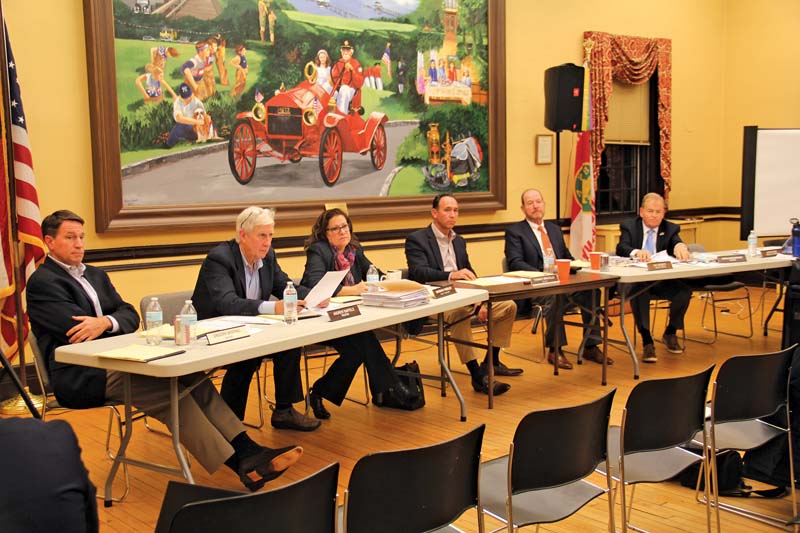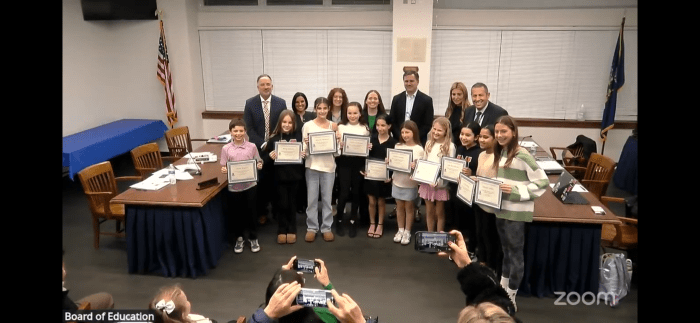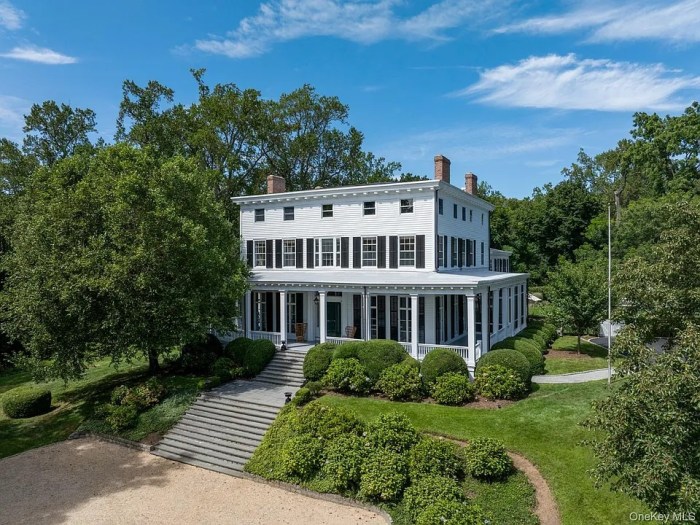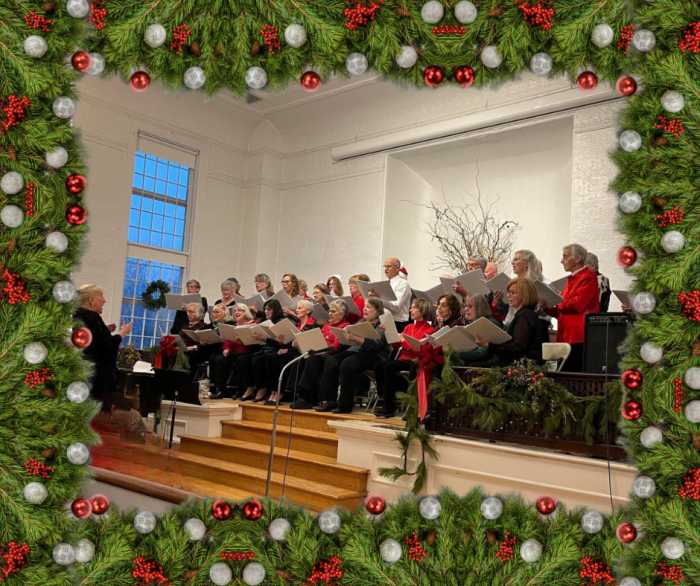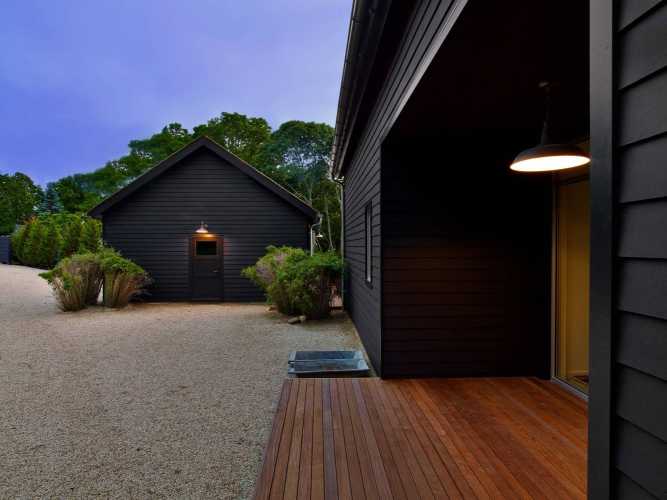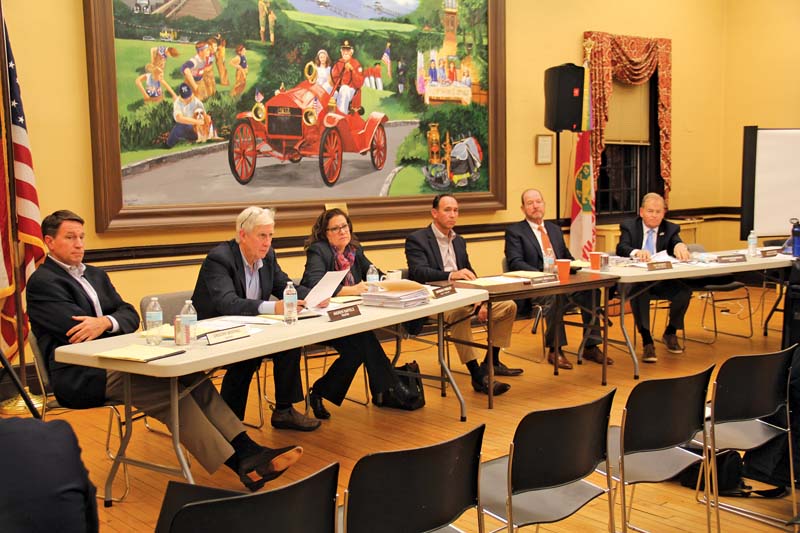
ExteNet handed the Village of Plandome an early Christmas present as they filed a federal lawsuit against the village on Dec. 17, 2019 in the Eastern District of New York. On Nov. 18, 2019, the village’s board of trustees voted unanimously to deny eight small cell node applications by ExteNet.
ExteNet had 30 days to file the lawsuit. There are also two more cell nodes applications that were postponed for a decision on Jan. 21, 2020. Those cell nodes applications, node 42 and 46, have come under scrutiny by the community and have several alternative locations that have yet to be decided.
The Village of Plandome has retained attorney Ed Ross to represent them in litigation against ExteNet. Ross also represents the villages of Flower Hill and Lake Success in their own litigation battle with ExteNet after denying their respective cell nodes application.
However, the Village Clerk of Plandome, Barbara Peebles, says they have not received the suit, yet.
“Please note the clerk’s office has not been served with any notice from ExteNet nor their attorney,” Peebles said via email, but would not comment any further.
The suit that was filed by ExteNet in the Eastern District states, “the true reason for the village board’s denial is political pressure from residents opposed to the installation of any small cells within the village, much of which opposition was based on concerns of negative health effects from radiofrequency (RF) exposure—something the board is preempted from considering under federal law. Indeed, in denying the application, members of the board specifically identified health effects and generalized community opposition as grounds their votes.
The suit goes on to say that the public implored the board to deny the application in its entirety and to defend a lawsuit from ExteNet if it came about, “[residents] stressing to the village board that it needed to make a ‘political decision’ rather than a legal one.”
Furthermore, the filing says that the board made a choice of being sued by its residents or ExteNet, and the board chose ExteNet by denying the application.
The suit claims that prior to the November public meeting, the village sent an invoice asking for almost $26,000 above the $12,200 that ExteNet had deposited in its escrow account for a total fee of around $38,000. ExteNet says this is in excess of the Federal Communications Commission presumptively reasonable rates for processing small cell applications.
ExteNet also referenced the Manhasset Press’ study, published in late July, that tested the cell signal strength at each of the proposed node locations in Flower Hill and Plandome. The study showed that each location had poor 4G service, very poor or was in a dead zone. The study can be found at manhassetpress.com/testing-the-nodes/.




